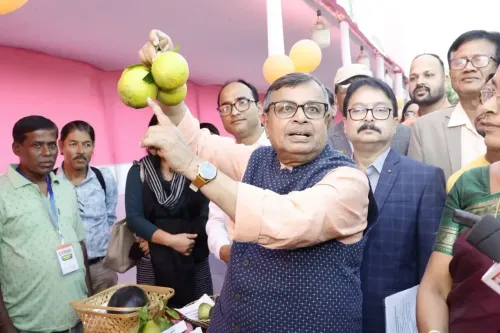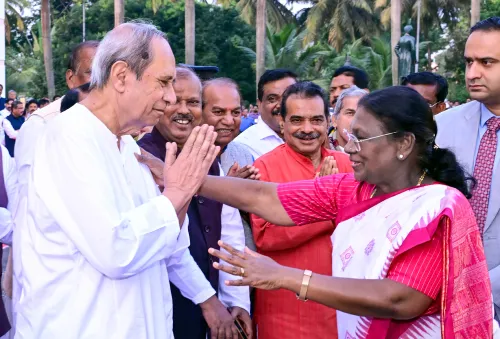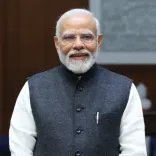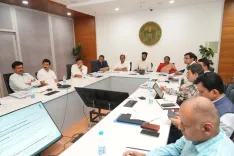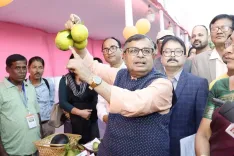Did IRCTC Confirm That Only Halal Non-Veg Meals Are Served on Trains?
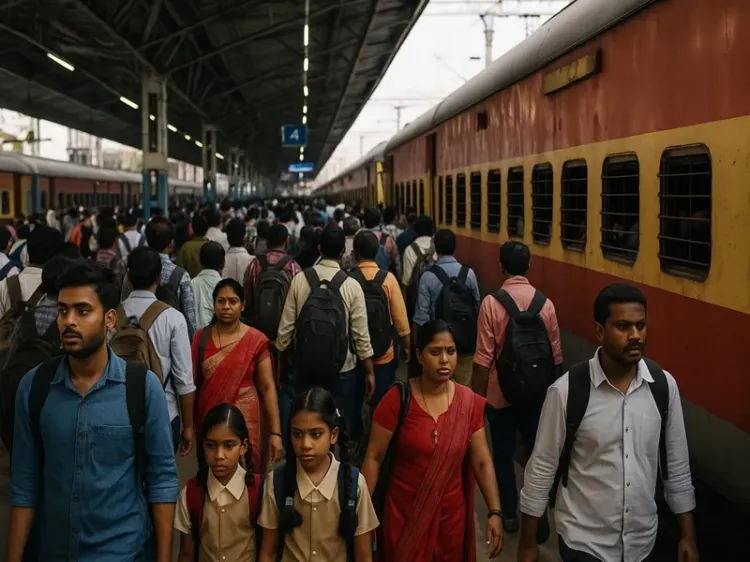
Synopsis
Key Takeaways
- IRCTC denies exclusive use of Halal meat.
- Food prepared under Food Safety and Standards Act.
- Ensures compliance with FSSAI norms.
- Controversy highlights need for transparency.
- All passengers deserve freedom of choice.
New Delhi, Nov 27 (NationPress) The Indian Railway Catering and Tourism Corporation (IRCTC) issued a statement on Thursday to clarify ongoing concerns that only Halal-processed meat is being utilized in the non-vegetarian meals provided on trains. In response to these allegations, IRCTC firmly stated that there are no existing guidelines requiring Halal certification for meals served on trains.
This controversy, which first gained traction on social media in July 2023, has resurfaced after reports indicated that the NHRC had sent a notice to the Railways regarding a complaint about the use of Halal-certified meat in onboard meals.
To counter these claims, the company responsible for ticketing, catering, and tourism services for Indian Railways reiterated that no guidelines exist concerning Halal certification for meals served on trains.
IRCTC explained that it had previously addressed similar concerns by stating that non-vegetarian food—primarily chicken—is prepared according to standards established under the Food Safety and Standards Act, 2006, along with any amendments that followed.
The Corporation emphasized that the Railways adhere to very strict food standards as approved by the Union government, ensuring that all licensees and catering vendors comply with the norms set by the FSSAI.
Additionally, IRCTC confirmed its total compliance with all instructions issued by the Railways on this matter, ensuring complete FSSAI compliance across catering services.
This statement aims to dispel public rumors that there is a specific policy regarding the exclusive use of Halal-processed meat in meals served on trains.
Concerning railway catering, the complainant has alleged that Indian Railways only provides non-vegetarian food made with Halal meat, which they assert constitutes discrimination based on religious grounds and undermines passengers' freedom of choice.
The complainant argues that this practice restricts Hindu and Sikh passengers from having meals that align with their religious beliefs, thus infringing upon their rights to religious freedom, equality, and personal liberty.



